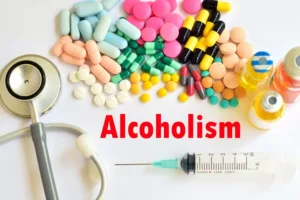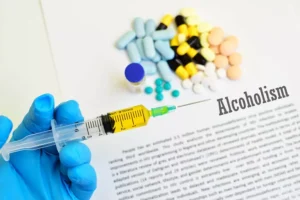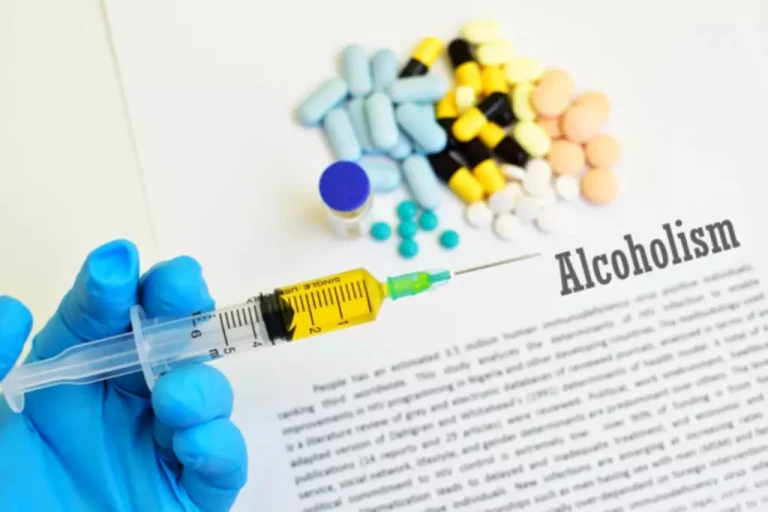
This may not be noticeable unless you actually feel your pulse; however, some people can feel their heart beating faster. This rapid heartbeat is not typically dangerous unless an underlying health condition exists. Alcohol intolerance is considered a rare disease, meaning it is quite uncommon. Many authorities note that people who believe they have alcohol intolerance often find they actually have an allergy to alcohol. Alcohol allergy, on the other hand, is caused because your body’s immune system attacks a component of an alcoholic beverage. Something in the alcohol, such as hops or grapes, causes most alcohol allergies rather than the alcohol itself.
How can you treat alcohol allergy?
The nickname “Asian glow” comes from the prevalence of alcohol intolerance among East Asians. Approximately 30 to 50 percent of people in this region have an ALDH2 deficiency and are more likely to experience symptoms such as flushing. An allergy is when your immune system has an unusual reaction to a substance, like dust or nuts.
Alcohol Allergy vs. Alcohol Intolerance
At the very least, you should limit alcohol as much as possible, especially if it’s making you unwell. Long COVID is a type of PVF that involves new or worsening COVID-19 symptoms months or years after the initial infection. One study of 948 individuals found that 7.2% self-reported wine intolerance.
Genetic Causes

Common sulfites include potassium bisulfite or potassium metabisulfite. Sulfur dioxide is another closely related chemical that can trigger reactions in some people. This questionnaire will summarize your specific allergy symptoms to share with your healthcare provider and learn more about your testing options. Alcohol intolerance is typically diagnosed through a combination of self-observed symptom tracking, a detailed medical history and a physical exam. A healthcare provider will ask about your symptoms, their frequency and duration, and what types of alcohol seem to trigger them. Instead, you should seek help from an immunologist at a specialist allergy clinic.
Other chronic diseases

If they suspect you have a true allergy to alcohol or another ingredient in alcoholic beverages, they will likely conduct allergy testing. During a skin prick test, your doctor will use a lancet to prick or scratch your skin. They will apply a drop of allergen extract to the pricked or scratched area. If you develop symptoms after drinking alcohol, make an appointment with your doctor. Depending on your symptoms, they might refer you to an allergist for testing and treatment.
Alcohol Intolerance Testing
People with sulfite allergies will likely need to avoid red wine. Similarly, those with a mold or yeast allergy may need to steer clear of fermented beverages made with brewer’s yeast, including beer and wine. While an allergy to alcohol is rare, an allergy or intolerance to ingredients used to make wine, beer, or distilled spirits can. Antihistamines like Allegra (fexofenadine) and Zyrtec (cetirizine) can help alleviate histamine intolerance symptoms.

Medical Professionals
While research on post-COVID alcohol intolerance is still limited, anecdotal evidence suggests that it’s a symptom experienced by many people following the virus. Alcohol intolerance is a condition where the body reacts negatively to the consumption of alcohol. It’s typically related to an inability to properly process or metabolize alcohol. Alcohol intolerance occurs when your what causes alcohol intolerance body doesn’t have the proper enzymes to break down (metabolize) the toxins in alcohol. This is caused by inherited (genetic) traits usually found in Asians. In addition, older adults also experience a change in their renal function and balance of water and sodium, which raises their risk of dehydration.
Skin prick test
- Unlike alcohol intolerance, alcohol allergy varies greatly between people, ranging from irritating to deadly.
- An alcohol intolerance occurs when someone’s body lacks the enzymes to suitably digest alcohol.
- The symptoms of alcohol allergy can be very similar to alcohol intolerance.
- However, in some cases, what seems to be alcohol intolerance may be your reaction to something in an alcoholic beverage—such as chemicals, grains, or preservatives.
- To avoid a reaction, avoid alcohol or the particular substance that causes your reaction.
People may also have an allergic reaction to specific ingredients in alcoholic drinks rather than the alcohol itself. This genetic deficiency results in decreased levels of aldehyde dehydrogenase, the enzyme that breaks acetaldehyde into non-toxic chemicals. Those with normal aldehyde dehydrogenase levels break acetaldehyde down almost instantaneously, while those with ALDH2 deficiency metabolize it quite slowly. You should also consider seeing a doctor if you may have an alcohol allergy instead of alcohol intolerance or if you are unsure which you have.

- Some people may even have reactions to grapes or corn used to make wine and distilled liquors.
- You need to get to the nearest A&E department as this can be a life-threatening medical emergency.
- Possible alternatives to wine and grape-based spirits include Japanese plum wine, which has an appealingly sweet taste.
- The acetaldehyde that builds up and causes alcohol intolerance is a major contributing factor in hangovers.
- In some cases, reactions may also result from an allergy to a grain such as corn or wheat in alcoholic beverages.
- People with mold or yeast allergies may have an allergic reaction to the brewer’s yeast used to make fermented beverages like beer, wine, and hard cider.
This test measures the concentration of IgE antibodies in the blood that indicates a sensitization to a specific allergen. It could be the grains in beer or those lovely fruit notes in wine. As a result, liver tissue can become inflamed, leading to fibrosis, and ultimately cirrhosis and liver failure. There is also an increased risk of liver cancer if you continue to drink while intolerant. Alcohol can cause a great level of discomfort if someone drinks it without being aware they have alcohol intolerance.
Leave a Reply